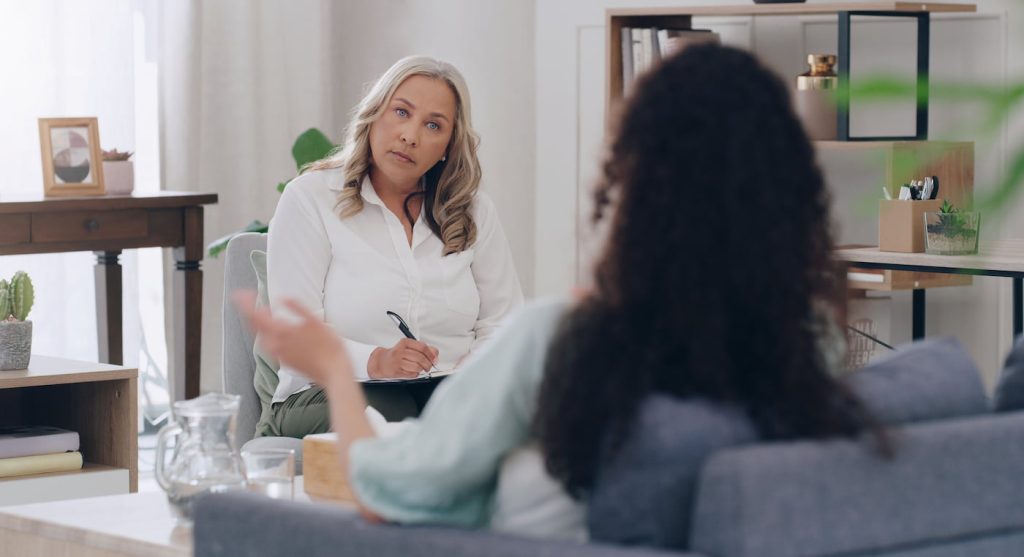Emotion-focused therapy is a powerful form of couples counselling that uses attachment theory. Backed by research, it has been shown to help couples improve their emotional connection and heal their conflicts.
Therapists who practice this technique use a compassionate, nonjudgmental approach to helping clients understand their emotions. They also provide strategies to regulate and transform maladaptive emotions.
Empathy
Empathy allows you to understand your partner’s perspective and feelings, making it essential to a healthy relationship. In addition to providing emotional support, empathizing with your partner can help diffuse conflict and encourage trust.
Think of empathy as a muscle that you can exercise to grow stronger. By focusing on listening, paying attention to body language, and increasing your emotional intelligence, you can build up your ability to put yourself in other people’s shoes.
Empathy can also extend to people you don’t know. For example, if you hear about someone suffering from poverty on the news, you may feel moved to donate to a charity. This is because you can imagine their fear, frustration, and disappointment. Similarly, when you see a friend laughing at a joke, you can experience their delight. Empathy cultivates a sense of community by strengthening emotional bonds and encouraging trust. It also fosters vulnerability and emotional healing.
Trust
Emotionally Focused Therapy has been shown to improve relationship satisfaction and is considered one of the best counseling methods for couples. The approach draws on research supporting attachment theory, the idea that emotional responses are deeply tied to basic human needs.
While working through emotion focused therapy Ottawa, clients learn to access their primary adaptive emotions better. They also become more aware of patterns influencing their response to new situations and relationships. This can help them to challenge the validity of negative perceptions of self and others connected to maladaptive emotions such as shame or fear.
Throughout the therapeutic process, clients learn how to express their emotions more openly and in productive and healing ways for the entire family system. In a safe and supportive environment, they can share their fears and concerns about the relationship and work together to change negative interaction patterns that undermine connection and trust.
Communication
Emotionally focused therapy addresses negative interaction patterns’ individual and relationship aspects. It includes techniques to encourage awareness, acceptance, expression, utilization, and regulation of emotions. This can help individuals and couples develop more secure bonds with one another.
Increasing emotional awareness, or naming what someone feels, is the most fundamental step in emotion-focused therapy. Research shows this helps decrease amygdala arousal and reconnect people with their needs. It also helps reduce negative self-talk that can interfere with communication and action tendencies.
Once the couple can express their deep, underlying emotions in a safe environment with a supportive therapist in Ottawa, they can begin to communicate about their needs healthily. This enables new sequences of bonding interactions to replace the old, negative patterns of pursue-withdraw and criticize-defend.
Conflict Resolution
Emotionally focused therapists are trained to identify and de-escalate negative interaction patterns that lead to conflict. Couples learn to be gentle with one another during disagreements, use “I” statements instead of attacking each other, and focus on understanding one another’s feelings and needs.
It’s important to understand that your emotions are normal and natural, and it’s OK to feel them. When people have difficulty communicating effectively during conflict, they often try to ignore or sedate their emotions. This can lead to defensiveness and poor communication, which prevents you from finding solutions that work for both of you.
It’s also important to “pick your battles.” Sometimes, it’s better to agree to disagree than fight over something trivial that will only drain your energy and cause you unnecessary stress. For example, arguing over who gets the last parking space isn’t worth your time or energy.

